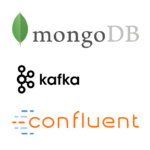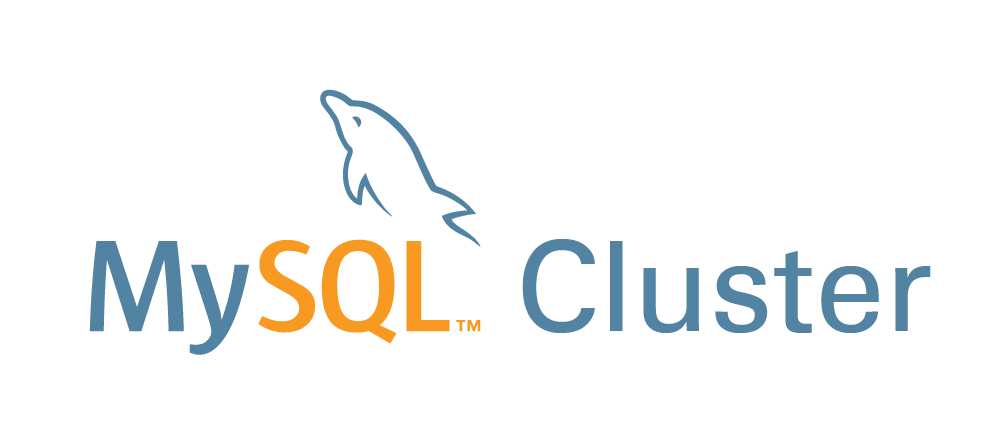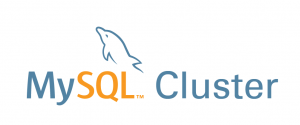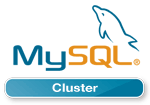
The replay from the MongoDB/Apache Kafka webinar that I co-presented with David Tucker from Confluent earlier this week is now available:
The replay is now available: Data Streaming with Apache Kafka & MongoDB.
Abstract
A new generation of technologies is needed to consume and exploit today’s real time, fast moving data sources. Apache Kafka, originally developed at LinkedIn, has emerged as one of these key new technologies.
This webinar explores the use-cases and architecture for Kafka, and how it integrates with MongoDB to build sophisticated data-driven applications that exploit new sources of data.
Watch the webinar to learn:
- What MongoDB is and where it’s used
- What data streaming is and where it fits into modern data architectures
- How Kafka works, what it delivers, and where it’s used
- How to operationalize the Data Lake with MongoDB & Kafka
- How MongoDB integrates with Kafka – both as a producer and a consumer of event – data




